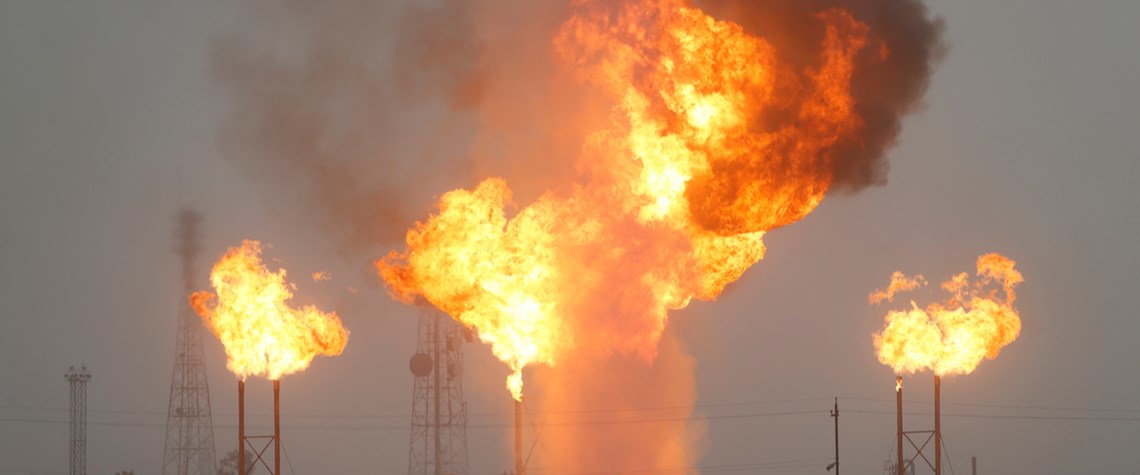Necessity drives Iraq’s decarbonisation plans
Chronic, acute power shortages are spurring efforts to develop renewables and capture flared gas
Iraq’s oil minister Ihsan Ismail pledged on Sunday to develop 10GW of solar capacity by 2030. Despite his admirable ambition, this volume appears improbable. The country had only 216MW installed at end-2019, cancelled its first utility-scale solar tender the same year amid political instability, and has neither the funds nor the foreign investment environment to support such an ambitious buildout. Nonetheless, the lack of operational domestic gas supplies and acute deficiencies in the existing power generation infrastructure are providing compelling incentives to both leverage the country’s year-round sunshine and accelerate flare gas-capture projects. Iraq is thereby adopting emissions-redu

Also in this section
21 October 2024
Gulf Energy Information will host the largest women's event in the energy industry on 19–20 November in Houston, Texas
10 October 2024
The Gulf Energy Information Excellence Awards 2024 celebrated the industry's top innovators at a gala in Houston, recognising achievements in categories ranging from digital transformation to sustainability
4 October 2024
Boost for CCUS and blue hydrogen projects as government confirms funding for HyNet and East Coast clusters
30 September 2024
The oft-fragmented and disparate sector must find ways to speak with a collective voice and debunk the anti-CCS doublethink







